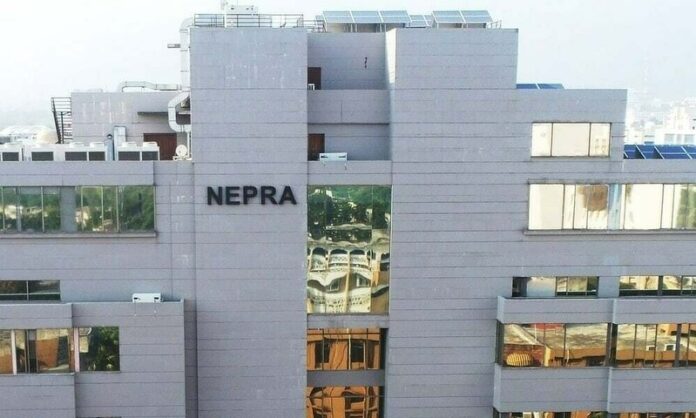ISLAMABAD: National Electric Power Regulatory Authority (NEPRA) has deferred the decision to approve Rs 1.27 per unit hike for the power consumers of power distribution companies (DISCOs) on account of Fuel Charges Adjustment (FCA) of the month of April, 2025.
On Thursday, NEPRA conducted a hearing to consider the tariff hike plea of the Central Power Purchasing Agency Guarantee Limited (CPPA-G). The hearing was chaired by NEPRA Chairman and attended by representatives of CPPA-G, officials from the Ministry of Energy, business community members, journalists, and members of the public.
According to NEPRA, CPPA submitted a request for an increase of Rs 1.26 per unit under the FCA for the month of April. NEPRA clarified that if approved, this increase would be applicable for one month only.
The proposed adjustment will apply to all DISCO consumers, excluding lifeline consumers, pre-paid meter users, and electric vehicle charging stations. NEPRA further stated that the adjustment will not be applicable to K-Electric consumers.
NEPRA confirmed that the authority carefully heard the views of all relevant stakeholders during the hearing. The authority will now conduct further scrutiny of the submitted data before issuing a detailed decision on the matter.
According to CPPA’s petition, the actual fuel cost incurred during the month was Rs9.9197 per kilowatt-hour (kWh), while the reference cost—used for billing consumers—was Rs7.6803 per kWh. This difference of Rs1.2685 per unit is now sought to be recovered from consumers.
In its request, CPPA stated that a total of 10,513 gigawatt-hours (GWh) of electricity was generated in April, out of which 10,196 GWh—nearly 97 percent— was supplied to the distribution companies, with the rest lost in transmission. The data reveals that the generation mix for the month remained heavily reliant on costly imported fuels.
Over 20 percent of the electricity was generated using imported re-gasified liquefied natural gas (RLNG), with an extremely high cost of Rs24.26 per unit. Electricity produced from imported coal also remained expensive at Rs16.60 per unit.
While the share of hydropower was relatively significant at 21.94 percent and nuclear power contributed 17.91 percent at a low cost of Rs2.10 per unit, these cheaper sources were unable to offset the impact of expensive fuel-based generation. Local coal accounted for 14.51 percent of the generation at Rs11.21 per unit, and gas-based power added another 8 percent at Rs11.82 per unit.
Power generation from furnace oil, though minimal at just 0.79 percent, was the costliest, recorded at a staggering Rs28.77 per unit.
The petition also highlighted a small quantity of power—around 0.31 percent—imported from Iran, which came at a high cost of Rs25.35 per unit. No generation was recorded from high-speed diesel, which is typically reserved for emergency use due to its high cost.
This proposed increase, if approved, will be reflected in the electricity bills of millions of consumers, excluding lifeline users.




